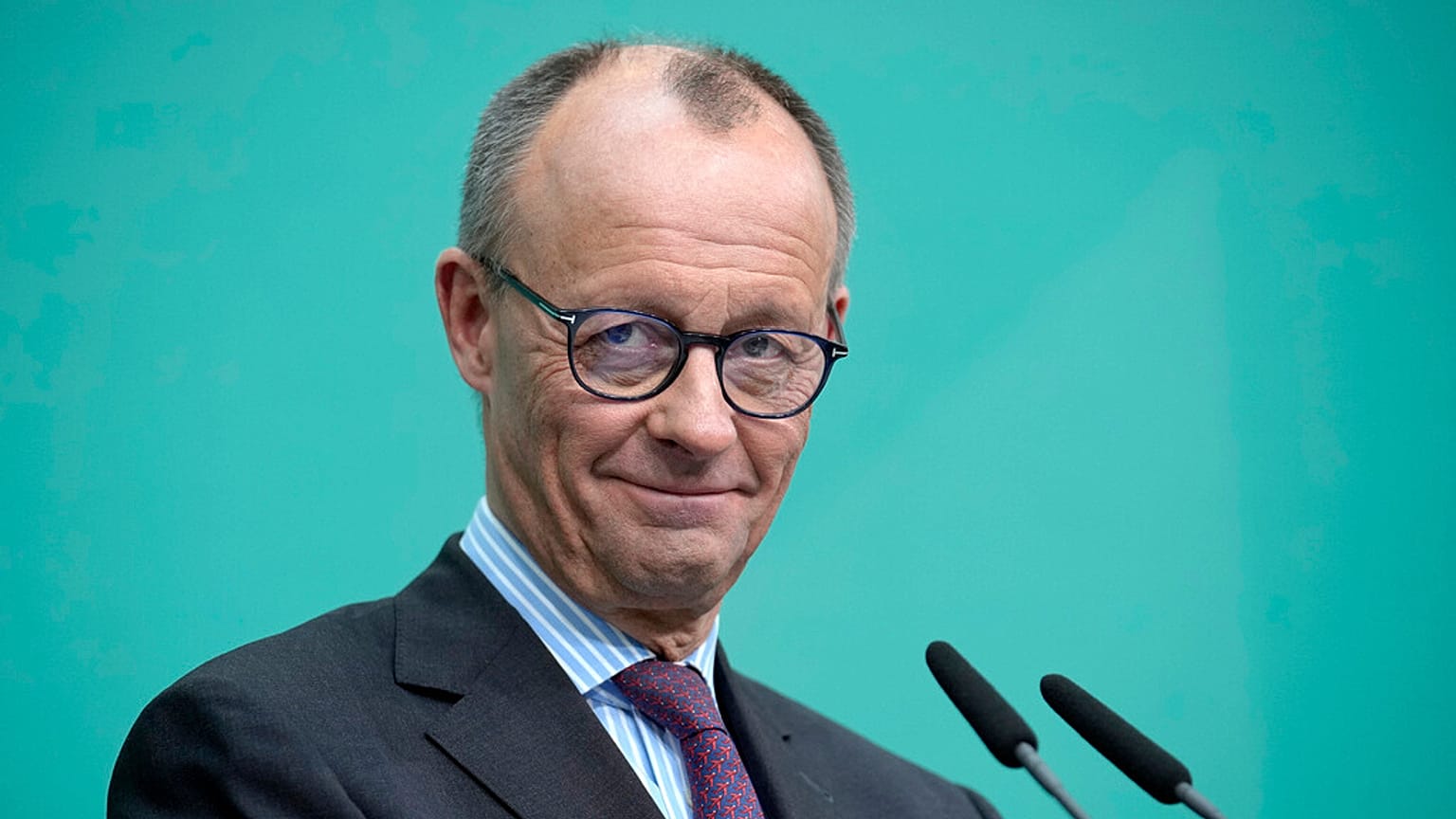Friedrich Merz's Christian Democrats (CDU), the Christian Social Union (CSU) and the Social Democrats (SPD) last week struck a coalition deal.
Germany's parliament plans to meet on 6 May to elect Friedrich Merz as the country's next chancellor, if all parties in his proposed government approve a coalition agreement.
Parliament’s lower house, the Bundestag, said on Monday that Speaker Julia Klöckner is preparing to call the session early next month.
Merz's centre-right Christian Democrats (CDU), its sister party the Christian Social Union (CSU) and the centre-left Social Democrats (SPD) last week reached an agreement to form a government more than six weeks after Germany's snap federal election.
The would-be coalition aims to spur economic growth, boost defence spending, take a tougher approach to migration and catch up on long-neglected modernisation.
Combined, the three parties have a modest majority of 328 out of 630 seats in the Bundestag. Since no party wants to work with the far-right, anti-immigration Alternative for Germany (AfD) — which finished second in the 23 February election — no other plausible combination of governing parties has a parliamentary majority.
Both the CDU and the SPD — the party of the departing chancellor, Olaf Scholz — need to approve the coalition agreement before parliament can gather to elect Merz. The CSU approved it last week.
The SPD is set to hold a member vote, whilst the CDU will vote during a party conference slated for 28 April.
There is some resistance in the SPD's ranks after the party finished third in February with its worst post-war result in a national parliamentary election.
The party’s youth branch, Jusos, has come out against the deal. The faction represents around one-fifth of the SPD's approximately 358,000 members.
One sticking point is Germany's minimum wage, which the SPD campaigned to increase to €15 per hour by 2026. The current minimum wage is €12.82 per hour.
Merz has said that an increase in the minimum wage was not guaranteed through the coalition agreement.
Despite the dispute, SPD co-leader Lars Klingbeil said on Sunday that the majority of the party's members recognised the need to form a stable government.
“There are always alternatives. ... One alternative is new elections, one alternative is perhaps a minority government," Klingbeil told ARD television.
But in today’s troubled times, "Germany must be a place of stability," he added.
"For that, we need a stable democratic government, and we have presented a sensible coalition agreement for that."















